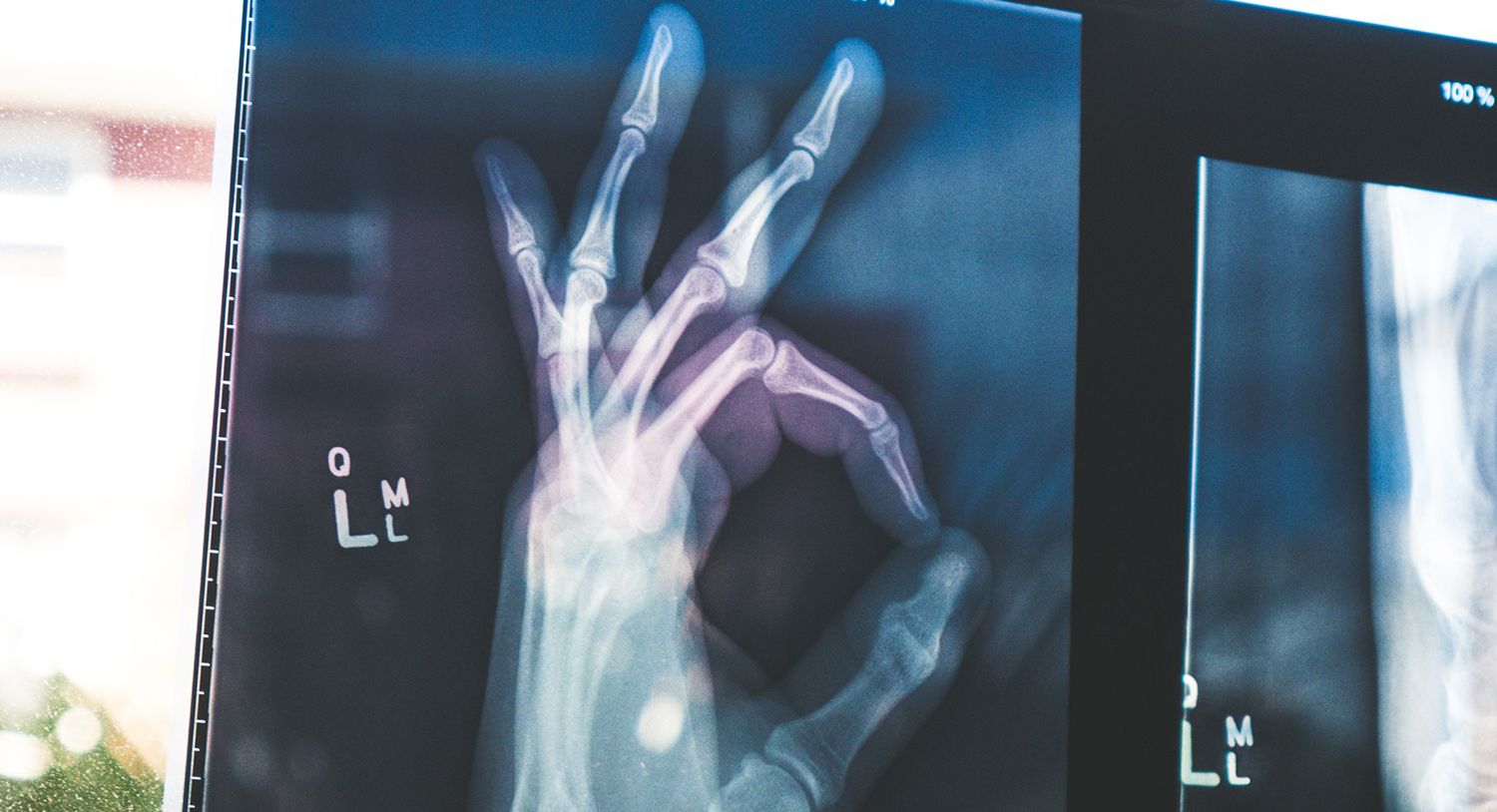Healthcare challenges require simple IT solutions

Because of security risks, doctors are no longer permitted to use WhatsApp in clinical settings. Health care professionals turn to messengers in the first place for their efficiency. Siilo provides a secure alternative to WhatsApp without sacrificing ease-of-use.
Starting from the beginning of this year, doctors are no longer allowed to share medical data with each other and patients via WhatsApp.
The first reaction to such guidelines is often outrage. It makes sense to be upset about this, but we also need to ask ourselves this questions: why are doctors communicating with each other in this way? Is there an alternative solution to WhatsApp that is just as accessible but more safe for patient data?
WhatsApp enjoys the perception of being safe. Almost ten million Dutch people use the app at the moment. Its success lies in the pure simplicity of the product. You can download the app and share messages, photos or videos with all your contacts in no time. However, the app saves photos that are shared via messages on the smartphone by default. These images can then be automatically saved again if the smartphone user regularly backs up their data to a cloud service. It’s a slipper slope for private medical data to make it out into a public forum.
The challenge for health care ICT systems is that they are often very complex and comprehensive. In other words, developers of ICT solutions tend to quickly centralise all the functionalities of an institution into one complex software.
Simplicity and ease
WhatsApp is the opposite in that respect. It is an example of what is also called a minimum viable product: an app that does not do much more than exchange messages. Everyone can use it without a manual. It’s no surprise that doctors prefer WhatsApp for communication over complex custom systems that might actually have been intended for that purpose.
As modern health care IT administrators, we must ensure that the solutions are as simple and user-friendly as Dropbox and WhatsApp, so that they are actually used. In that respect, it speaks volumes that two hundred GPs in the province of Utrecht have started a trial with the exchange of medical information via Siilo. This is an alternative to WhatsApp that is very similar; the biggest difference is that files that are sent are not saved onto your device. Just like with WhatsApp, the message traffic within Siilo is secured with encryption.
It appears that a minimum viable product such as Siilo is embraced by medical professionals. What we as an IT sector can learn from this is that we have to look very carefully at the purpose of the systems that we are developing. The communication between doctors themselves and between doctors and patients is important, and many IT companies have already considered how to support this communication with attractive solutions. Ultimately, it appears that a simple app like Siilo is preferable to complex software that is not easy to understand or use for everyone.
In short: if we want to continue supporting the healthcare sector in the field of ICT, then we must continue to look primarily at simple and user-friendly tools. Only then can you beat tools such as WhatsApp and Dropbox.
Ing. Ivo Diepstraten: Senior Information Analyst, INFO SUPPORT BV. Expert from Computable for the topic Health
May 24, 2016, REPOSTED WITH PERMISSION FROM: https://www.computable.nl/artikel/opinie/zorg/5758641/1509029/uitdagingen– in– zorg– vragen– simpele– oplossingen.html
Content originally published in Dutch; English translation reviewed and edited for clarity.